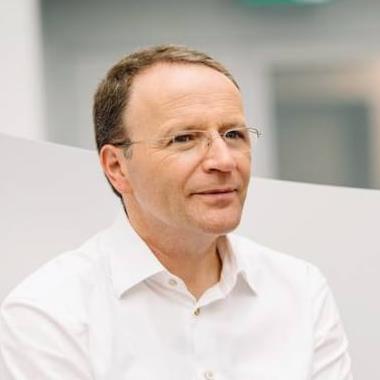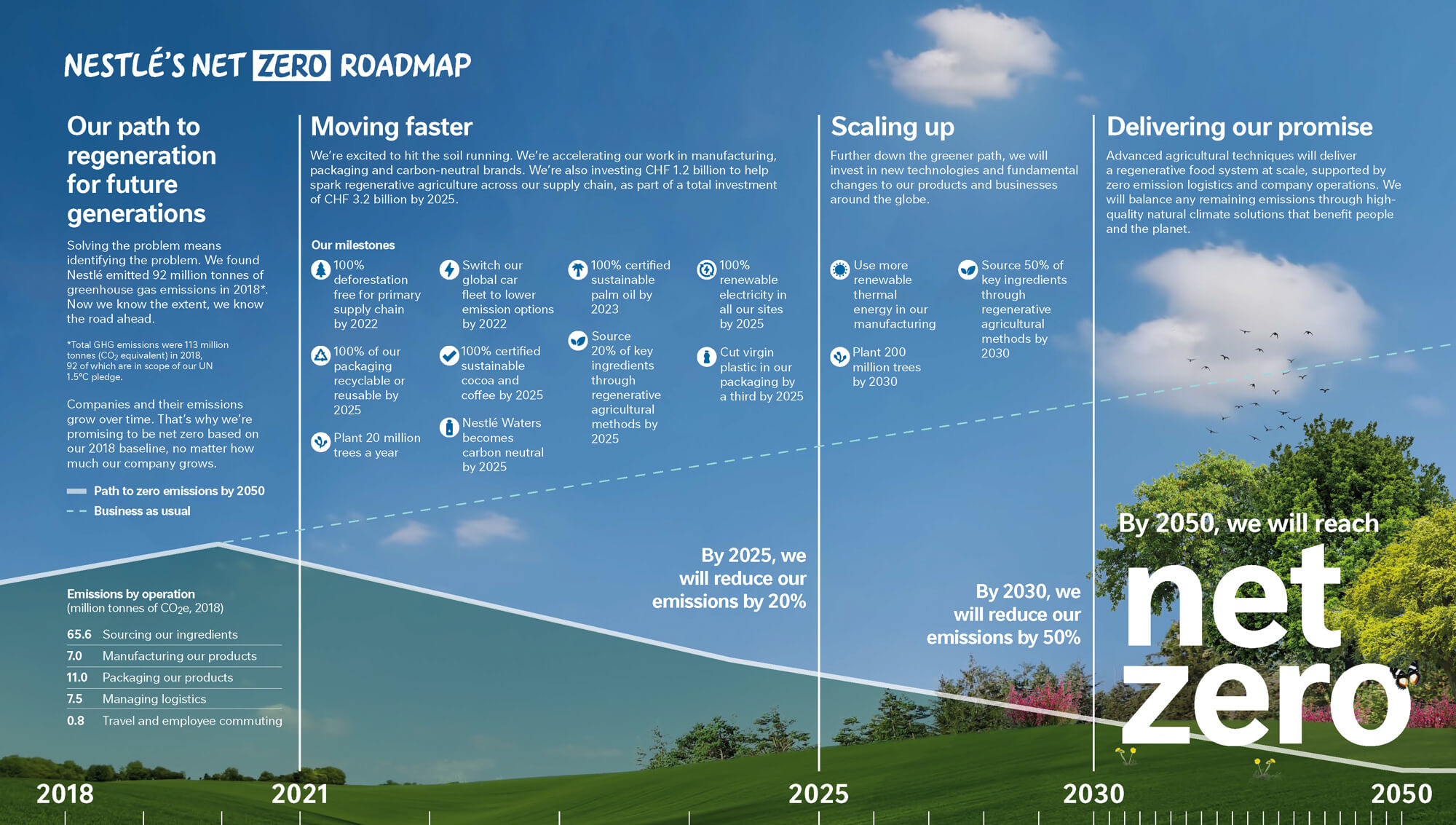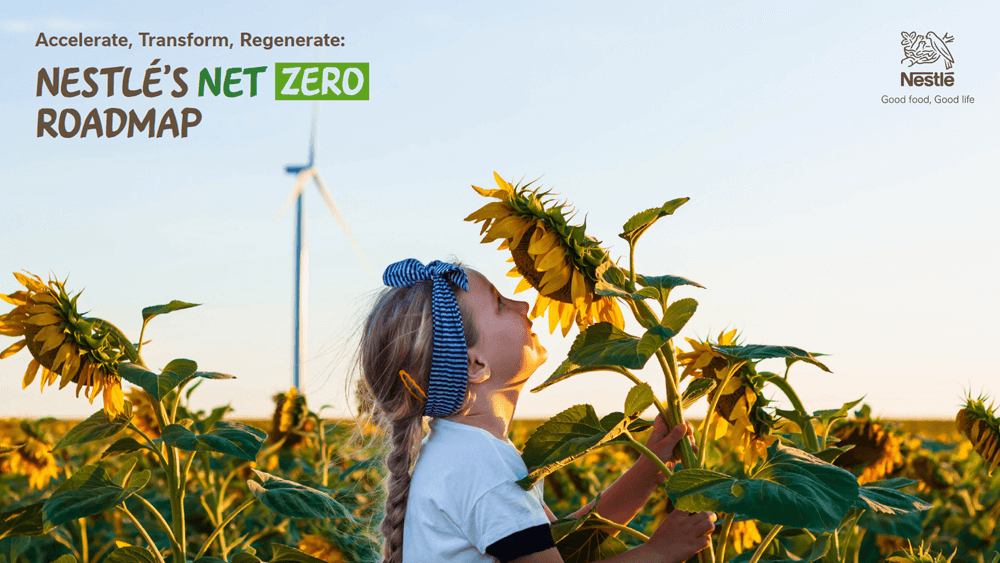Mark Schneider
CEO
Nestlé



CEO
Nestlé
Climate protection is the defining issue of our time. Businesses like Nestlé, with a global footprint and extensive supply chains, need to take the threat posed by climate change seriously to prosper in the long term. That is why Nestlé is taking decisive measures now and scaling up its work in areas such as regenerative agriculture, renewable energy and packaging.
Nestlé has committed to halve its emissions by 2030 and achieve net-zero by 2050 – even as the company grows. To achieve this:
The company is working with over 500,000 farmers and 150,000 suppliers to support them in implementing regenerative agriculture practices. Such practices improve soil health and maintain and restore diverse ecosystems.
Nestlé already purchases over two-thirds of the electricity needed for its sites from renewable sources and will reach 100% by the end of 2025.
Within its product portfolio, Nestlé is continuously expanding its offering of plant-based food and beverages and is reformulating products to make them more environmentally friendly.
Nestlé is playing a leading role by tackling emissions across its business and supply chain. The company has already passed peak carbon and reduced its emissions by 4 million tonnes in 2021.
Nestlé’s detailed, time-bound plan is available here:
https://www.nestle.com/sites/default/files/2020-12/nestle-net-zero-roadmap-en.pdf
Facilitated through the cooperation with the Earthworm Foundation, the Living Soils project in France provides training and technical support to farmers willing to implement regenerative agriculture practices and measure their impact on soil. In parallel, the project aims at developing new financial tools to accelerate farmers’ agricultural transition.
Regenerative practices enhance “ecosystem services” (i.e. carbon sequestration, water resources protection, etc.) in the interest of various groups of stakeholders. Through a multi-stakeholder approach, Nestlé develops tools to economically value and remunerate the ecosystem services generated by farmers.
Since 2018, Nestlé has piloted small regenerative agriculture practice trials in one of the leading arable region of France with a group of ~100 farmers producing potatoes and wheat. Over the next few years, Nestlé wants to engage 27 of its largest suppliers, and associated producers, in the transition to regenerative agriculture.
Find out more:
https://www.earthworm.org/our-work/projects/living-soils-in-rosi%C3%A8res-en-santerre-france
We’re redoubling efforts to combat climate change! We will halve our greenhouse gas emissions by 2030 and reach net zero by 2050 at the latest – even as we continue to grow. We are accelerating our efforts around the world, using our size and scale as a force for good. Changing how we source, produce and deliver our products.

